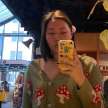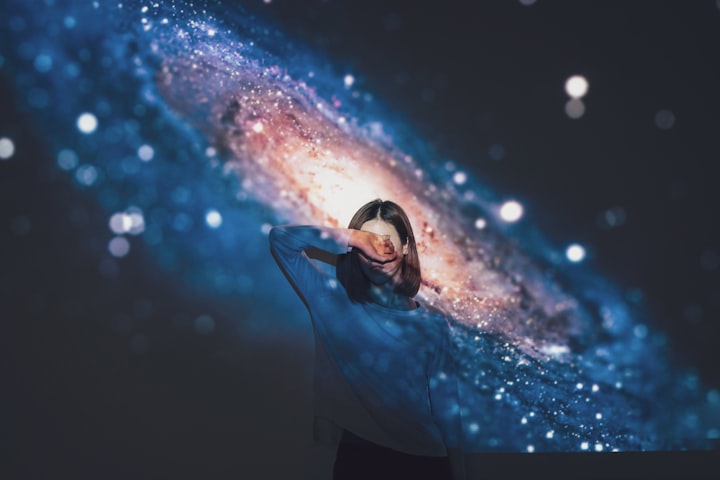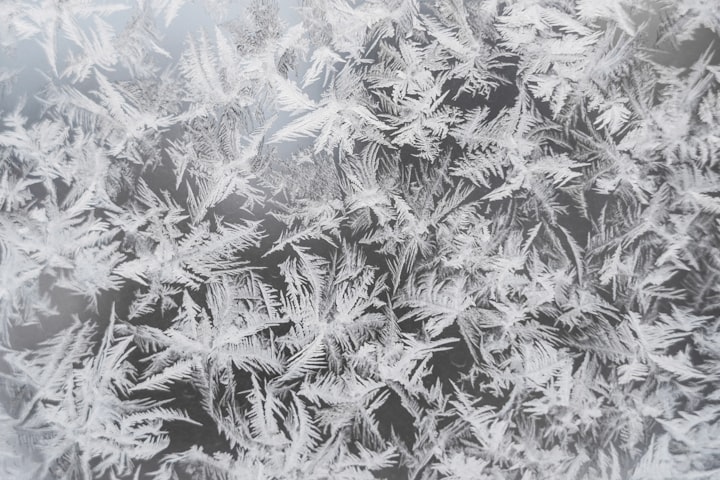In my final year of school, I chose to focus my thesis on the subject of ethnicity and nationality, with particular interest in their intersection: overlapping identities battling one another, suppressing one another in a life-long pandemonium.
As our society continues to expand and champion new modes of diversity and representation, I found myself wondering about the outliers, the inbetweeners: people whose identities met at a crossroad and fit no mold other than their own. Intersectionality is an analytical framework for understanding how aspects of a person’s social and political identities combine to create different qualitative modes of discrimination and privilege, and also provide unique experiences different than the individual categories of a single identity. While searching deeper into the framework of intersectionality, I deeply identified with a sense of “cultural ambiguity.” My project sought to encapsulate and acknowledge the beauty and hardships of the intersectional experience, but all the while I developed this project, I asked myself, how does an intersectional person preserve one aspect of their identity when it conflicts so directly with another? What happens when I forgo one identity for the other, am I depriving future generations of this identity, am I giving into the erasure of my own?

My mother would always say this to me as a child, with an emphasis and fervor that I couldn’t understand at the time. As a daughter of immigrants myself, the older I got, the more I constantly found myself at the crossroads of Korean culture and American culture: the two constantly pitted against one another in a strange battle for supremacy. Do I pack Korean food for school lunch? The food I candidly adored and cherished, and often hangrily devoured on sight? Or do I settle for a measly carton of chocolate milk and a goopy slice of public school pizza? I’m ashamed to say I would often choose the latter.
I always felt trapped in this strange position of being “too Korean,” to be American, yet “too-American,” to be Korean. My connection to my culture will always exist in my blood and in the physical appearance I inherited, but to feel keenly touch with the culture that has existed in my ancestry for so many generations, often seems so far out of reach, and pushed out by the call to assimilate.
Intersectional people are constantly traversing new territories of identity, their preservation, their reinterpretation, their origins, and their futures. So for people like me, who struggle with two very conflicting identities that hold fundamentally different values, I wondered what line exists between my assimilation into American culture, and the preservation of my Korean identity: both are a part of who I am intrinsically, and one is not more valid the other.

Cynicism or optimism, It’s your choice to make.
In conversation with a first-generation Argentinian-American faculty member in my department, I vented my concerns, and wondered aloud what it meant to assimilate into the all-encompassing, ever appropriating, “melting-pot” that is American culture. Much of said faculty member’s career today, focuses on inclusion - that is, designing for complex, often overlooked demographics who have a lot to contribute to business and to the world.
As she discussed her own experiences with struggling between making decisions about her identity and culture, and their presence in her children's lives, she candidly told me that consciousness was key to the intersectional individual's experience: the key to the preservation of pieces of their culture. To be conscious of one’s intersectionality, to be aware of the crossroads, and to choose aspects of each to identify with, and create an entirely new identity.
She asked me to consider this: "Is an identity ever really erased, or has it been transformed?"
Reader insights
Nice work
Very well written. Keep up the good work!
Top insights
Easy to read and follow
Well-structured & engaging content
Excellent storytelling
Original narrative & well developed characters
Expert insights and opinions
Arguments were carefully researched and presented
Eye opening
Niche topic & fresh perspectives
Heartfelt and relatable
The story invoked strong personal emotions







Comments (6)
This really hits home for me, being Mohawk (registered under the Indian Act in my native Canada) and holding an Irish passport (legacy of my dad’s parents being born in Ireland) and yet speaking neither language because past generations decided not to share them with me
Identity can never be erased. It transforms to the degree that we allow it to be, or not. I am Jamaican by birth. I find that I lose myself sometimes between the various cultures, depending on where i am. Intrinsically, I find that I can adapt, pretty much like a chameleon, It is a daily fight to be the thing that you identify yourself to be, intermixed with all the old and new of everyday life. I enjoyed your piece wholeheartedly. A debate that continues with many twists and turns. Subscribed for more great reads.
Really interesting! And relatable to me as a Polish person in the UK. It definitely feels different if you move to a new country as an adult with your identity well-established (or at least you thought so) but not less challenging. My insight, for what it's worth, is that the mind's capacity for being broadened seems endless!
Thank you for opening my eyes a little more! This was impressively articulated and helpful!
I too enjoyed the question at the end of this piece. As a Indigenous-European decent Canadian I have struggled with the power dynamics that exist down to my genetic makeup. Colonizer and Colonized existing in one body. I really enjoyed your take on intersectional identity, very honest insight into your own experience, very articulately expressed, and well thought out. Thank you for this piece :)
This was eye opening. The question that ends the essay gives us all food for thought.